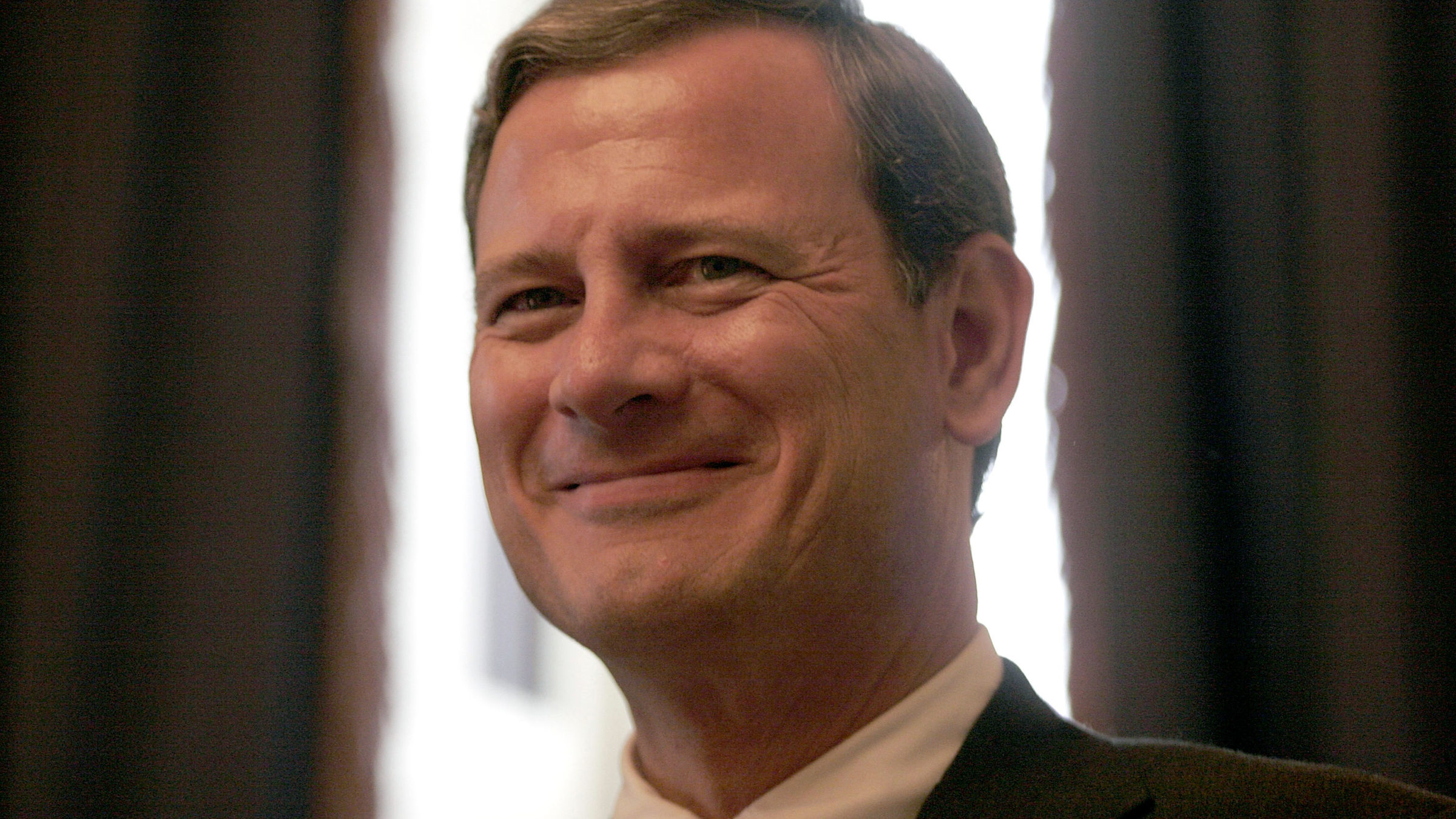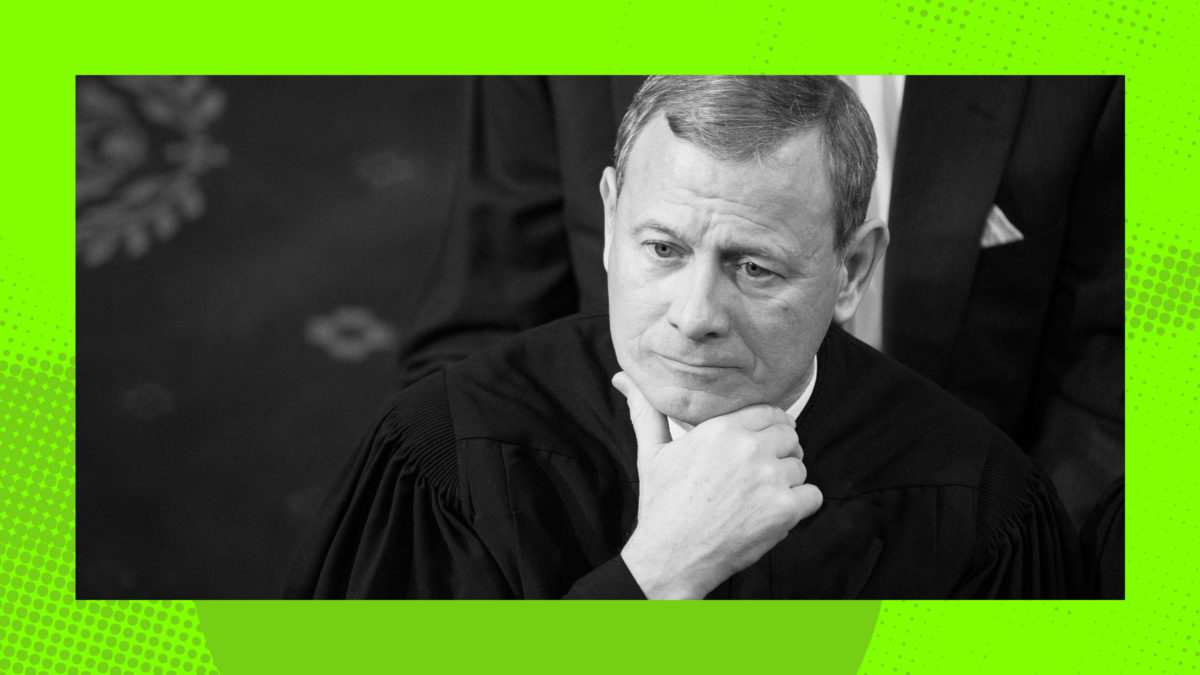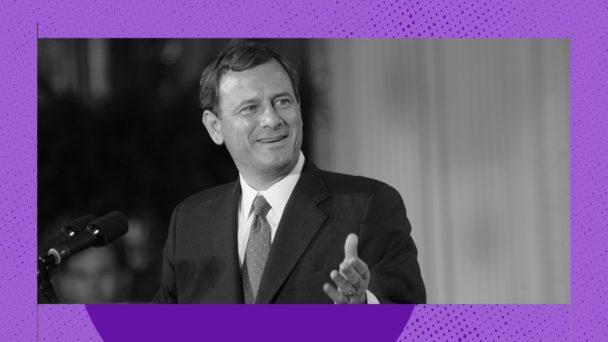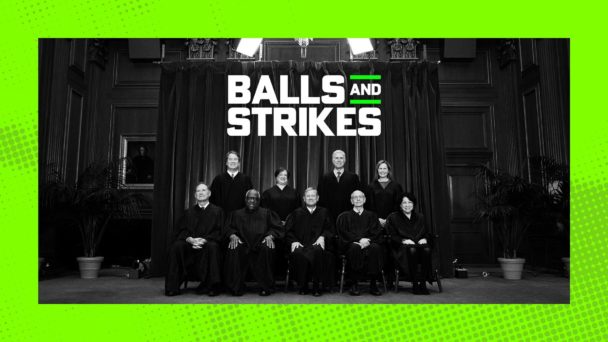Federal government officials are not exactly well-liked by the American public. Yet of all the leaders Americans hate, they hate Chief Justice John Roberts the least. New Gallup polling data shows that although none of the country’s top officials have the support of a majority of Americans, 48 percent approve of Roberts’s job performance—both a middling showing, and also the best of the bunch.
This isn’t the first time Roberts has come out on top. When Gallup conducted a similar poll in 2021, 60 percent of Americans approved of the way Roberts handles his job. That poll was taken before the Court massively curtailed access to abortion and expanded access to guns. The new numbers suggest that Americans are still angry and Roberts is quickly falling from grace. That he still has the highest approval rating, though, suggests to me that people don’t know enough about John Roberts, a lifelong Republican who has cultivated a reputation as a moderate who values institutions over ideology. Reporters characterize him as a pitiable, “lonely,” “even tragic figure” when he files concurring opinions that wish the right-wing majority achieved the same result in a different, slower way with less fire and brimstone and more legalese. But he is just as committed as his fellow Republican appointees to using the judiciary to achieve conservative goals for which he’s worked his whole career.

When you fail the test but are graded on a curve (Photo by Chip Somodevilla/Getty Images)
It was Roberts who wrote Parents Involved v. Seattle School District No. 1, halting a program to integrate schools with the mother of tautological statements—“the way to stop discrimination on the basis of race is to stop discriminating on the basis of race.” It was Roberts who wrote Shelby County v. Holder, eviscerating the Voting Rights Act and significantly eroding the foundation of multiracial democracy in America. It was Roberts who wrote Trump v. Hawaii, upholding President Trump’s order banning Muslim immigrants from entering the country solely because of their faith. It was Roberts who wrote West Virginia v. EPA, holding that the EPA does not have legal authority to regulate greenhouse gas emissions. Sit with that one for a minute: The planet is burning and this man said it’s illegal for the Environmental Protection Agency to protect the environment.
Even when not writing majority opinions that turn the Federalist Society’s To-Do List into the law of the land, Roberts has lent his support to decisions like 303 Creative v. Elenis, allowing businesses to discriminate against LGBTQ people; Kennedy v. Bremerton, allowing public school employees to bully students into praying with them; and Citizens United v. FEC, allowing corporations to flood elections with billions of dollars of dark money. And in dissent, Roberts has been moved to publicly disagree and read his opinion from the bench only one time—when opposing the Court’s ruling in Obergefell v. Hodges that same-sex couples have an equal right to marry. “Just who do we think we are?” he asked his colleagues.
These are but a few examples from Roberts’ long and storied history of making the country a worse place. Much of legal media nevertheless commends Roberts for being more “incremental” than his colleagues, glossing over the fact that he is ‘incrementally’ attacking the underpinnings of an equal society. Roberts does not usually get the same flack as other conservative cronies because he is sometimes just a shade smarter about it. When Roberts does the bare minimum to uphold the rule of law, credulous reporters reward him with articles praising his moderation and reasoned centrism. But his aim—a government by and for the white and wealthy—is the same. There is nothing reasonable about tidying up tyranny.
John Roberts is not your friend. If anything, he may be more insidious than his colleagues, whose obvious oppression more readily highlights the glaring need for reform. Roberts pays lip service to institutional legitimacy, and as a result, he prolongs harm. He is the guy gradually turning up the temperature on the stove until Americans boil. He shouldn’t get any credit for cooking us slightly more slowly.



